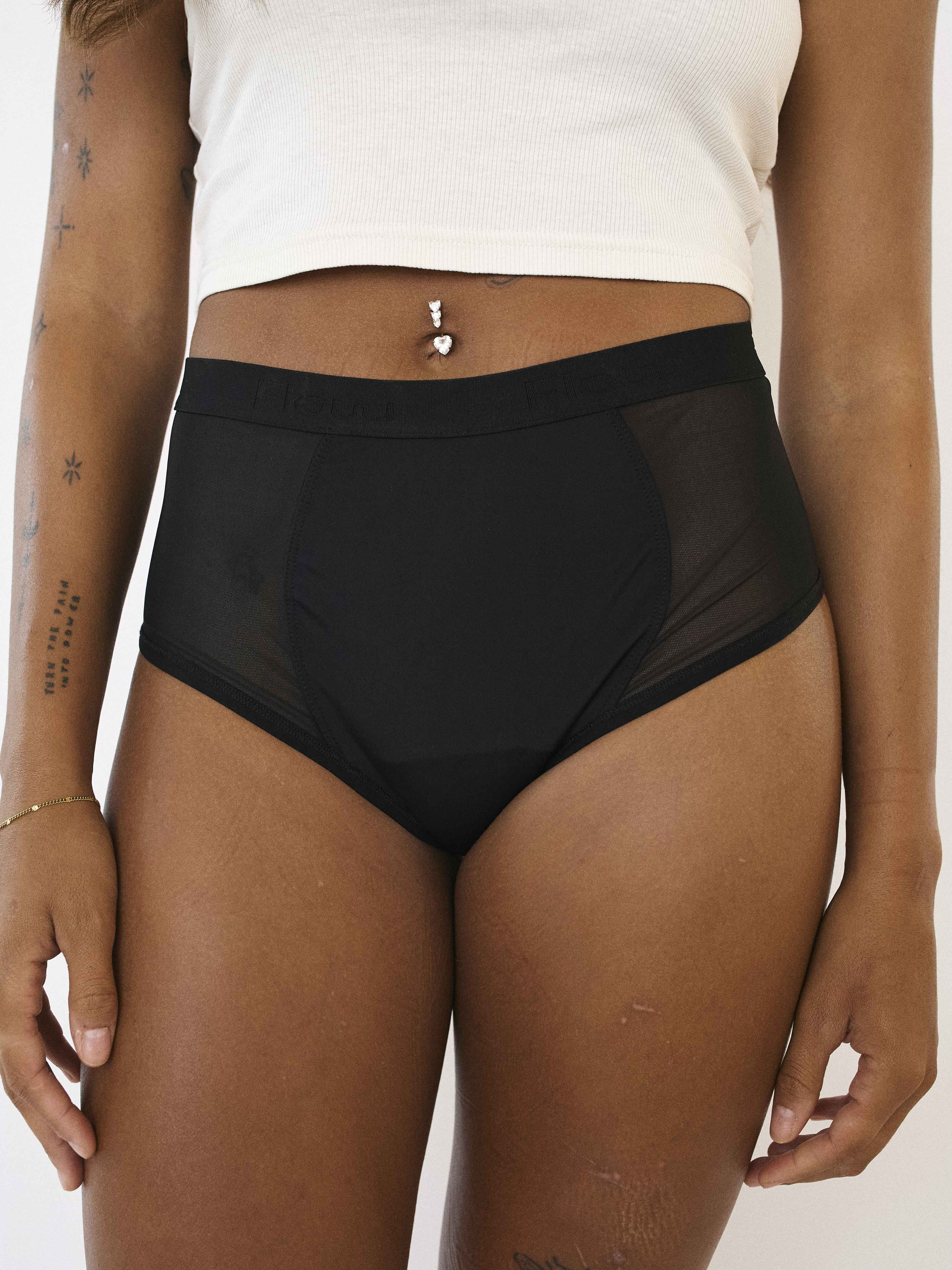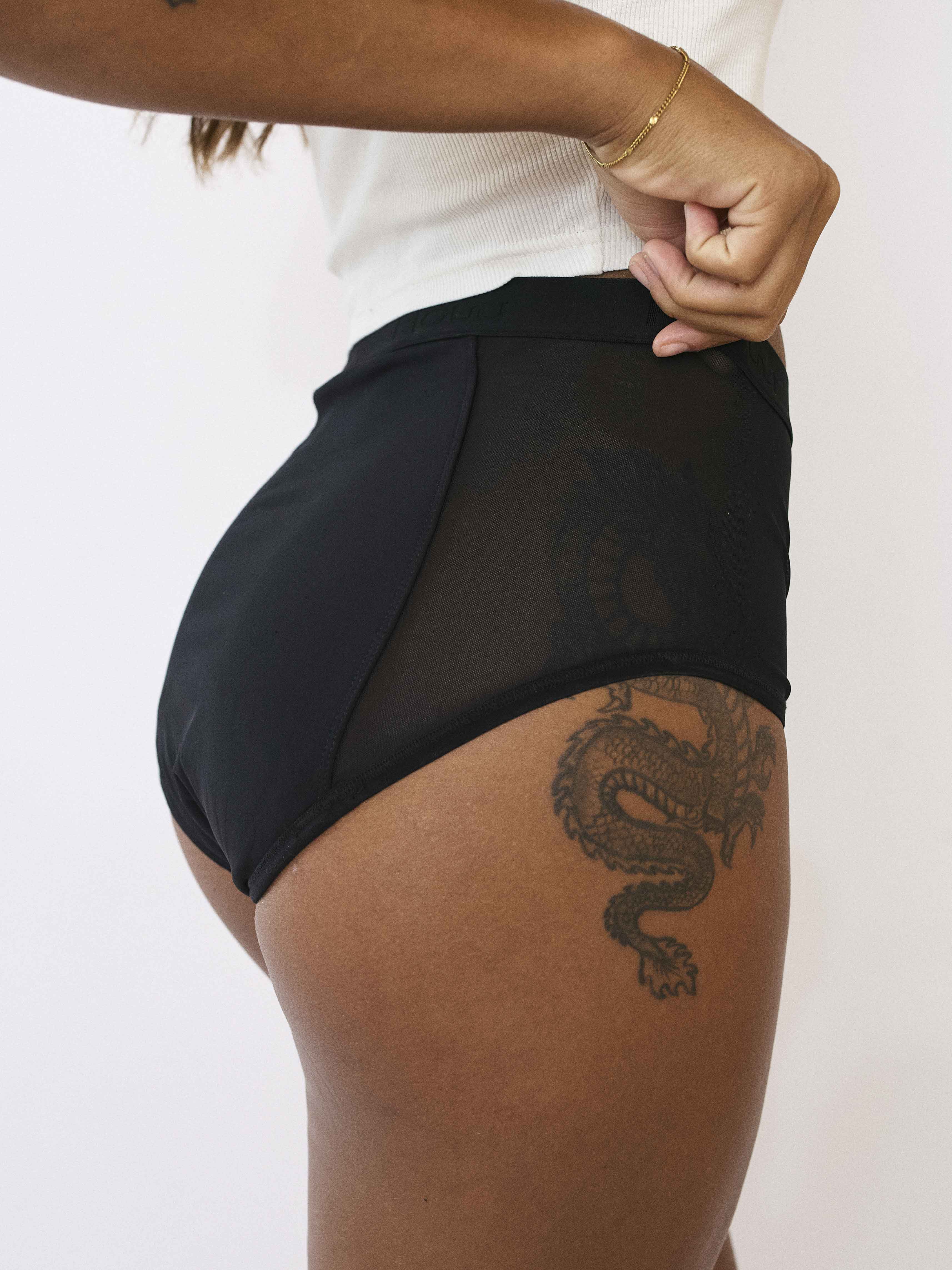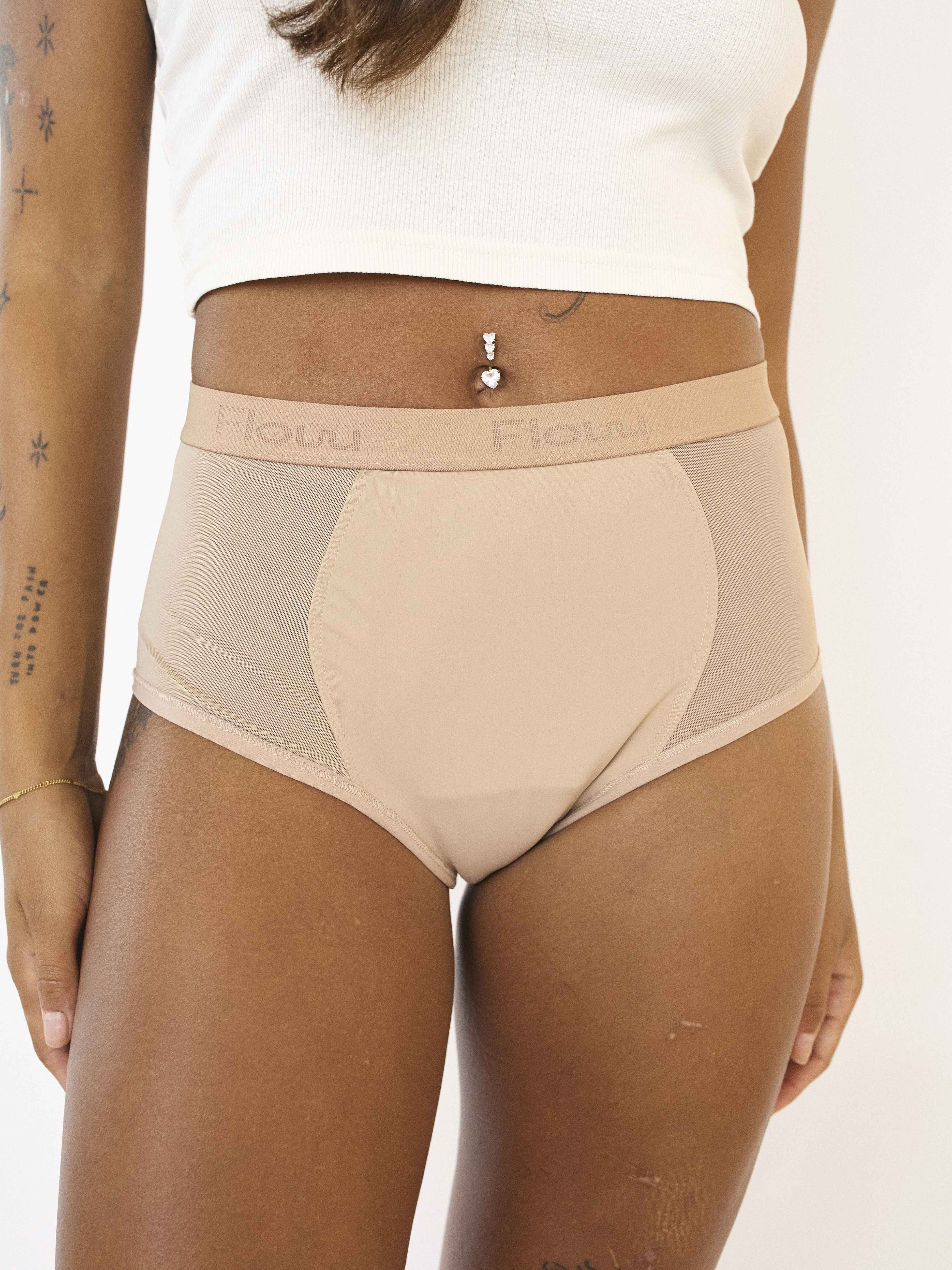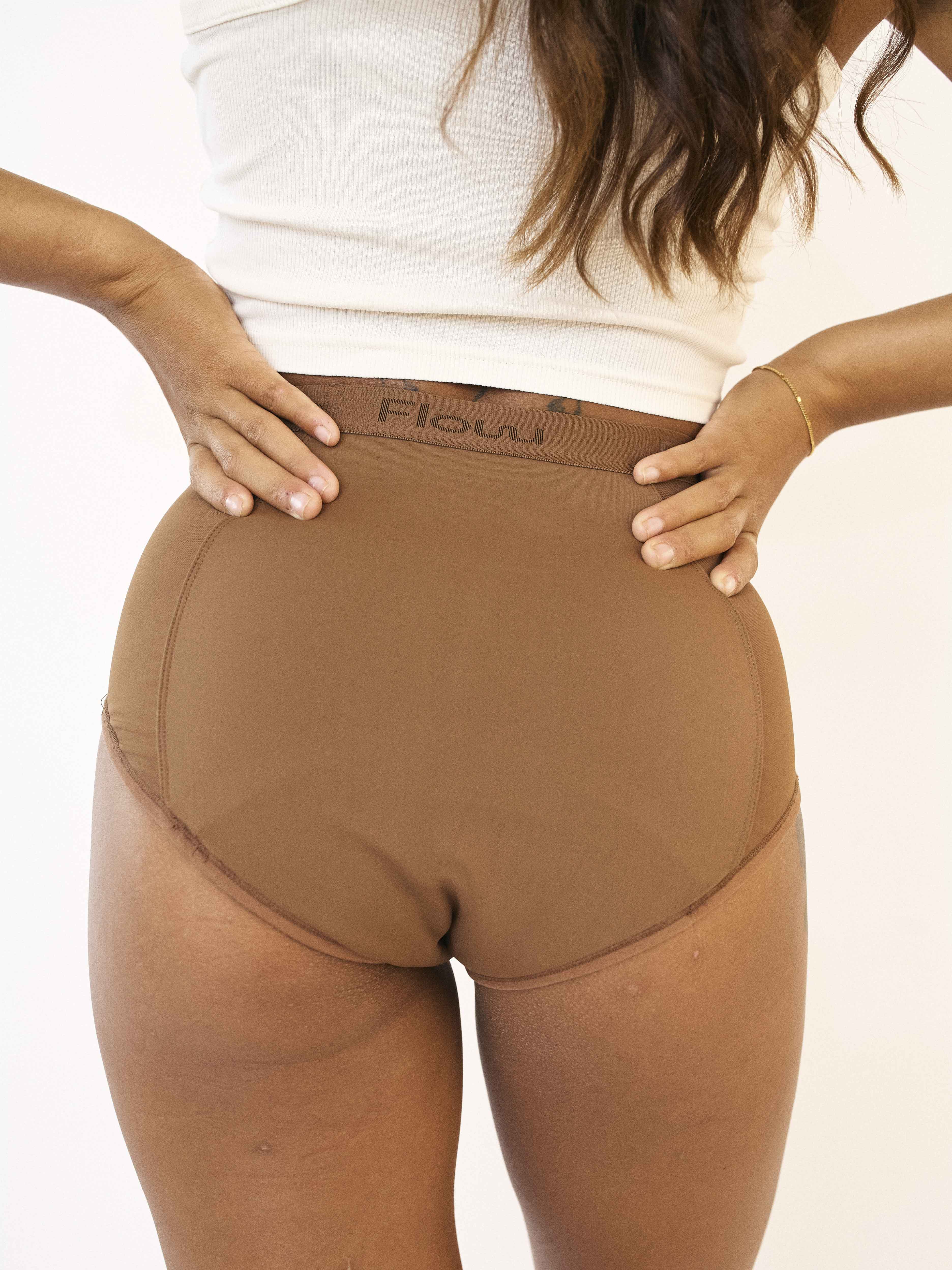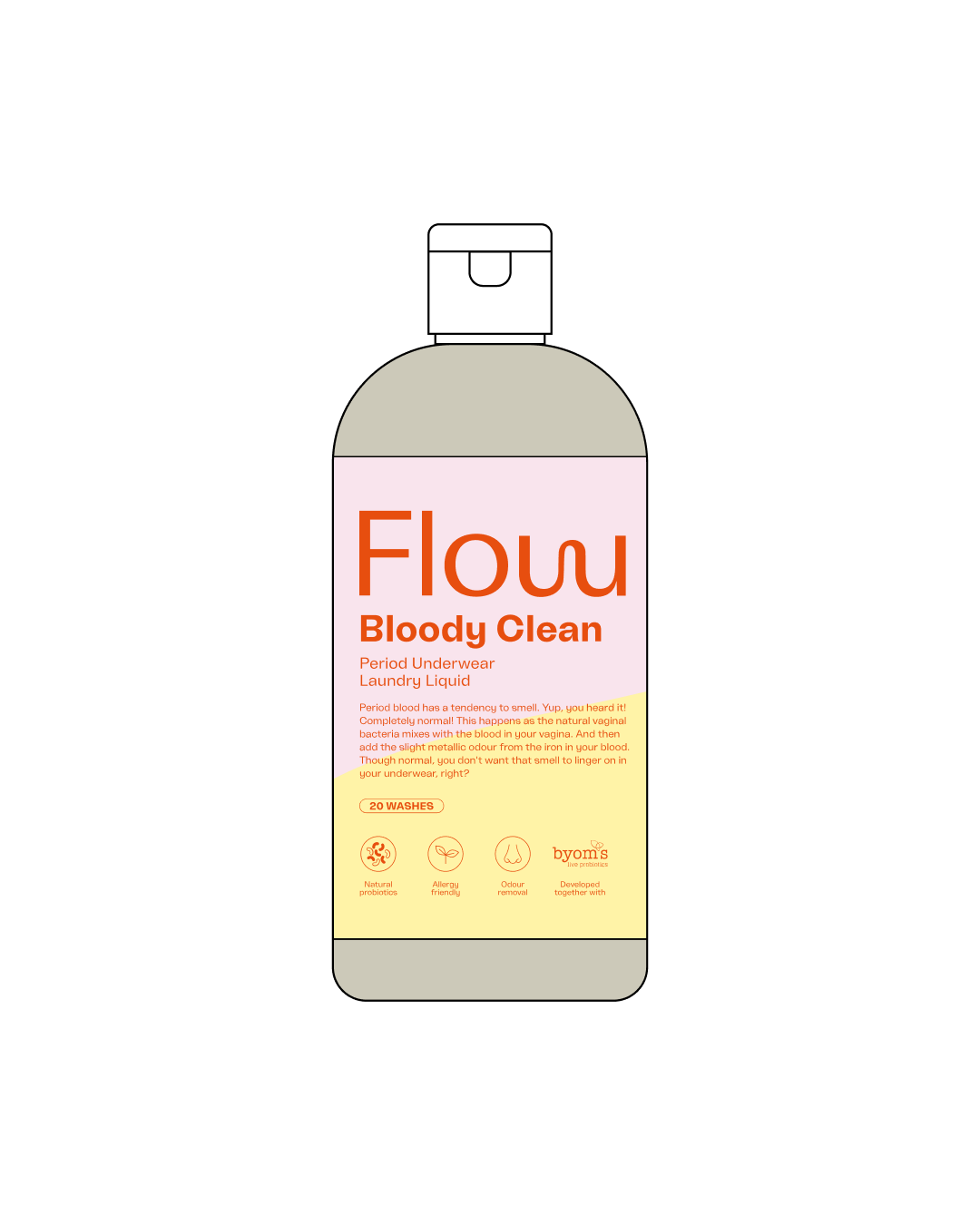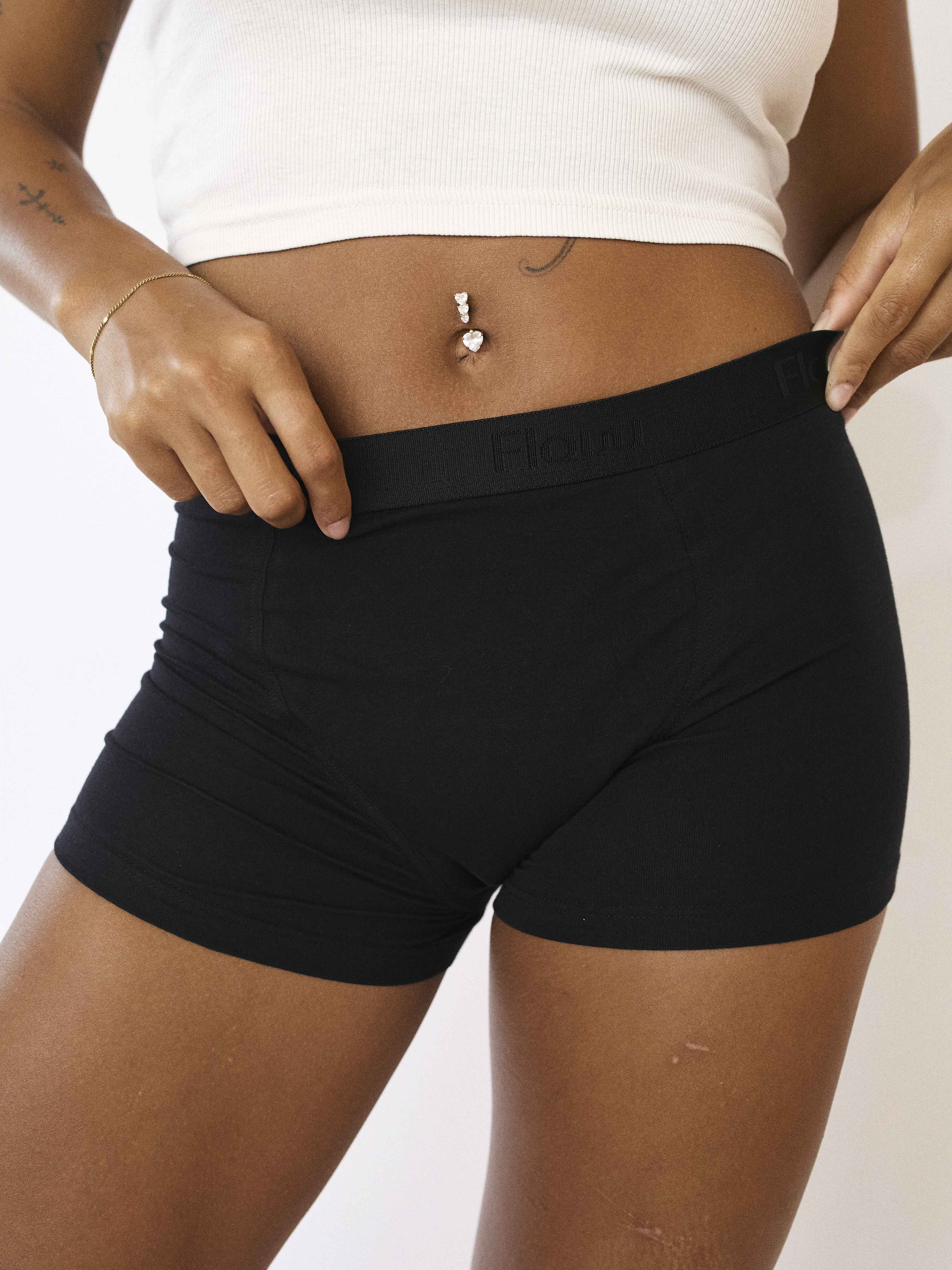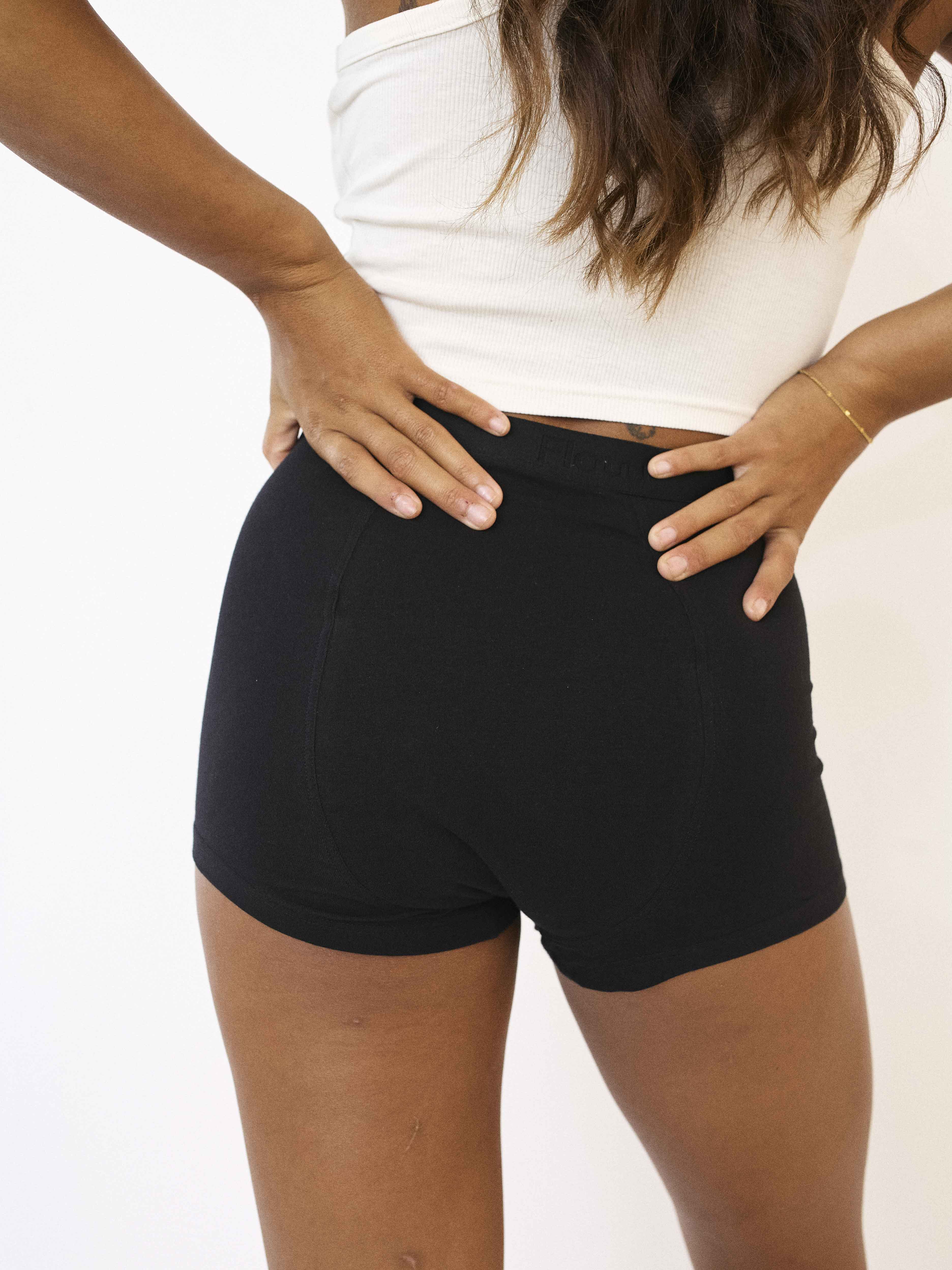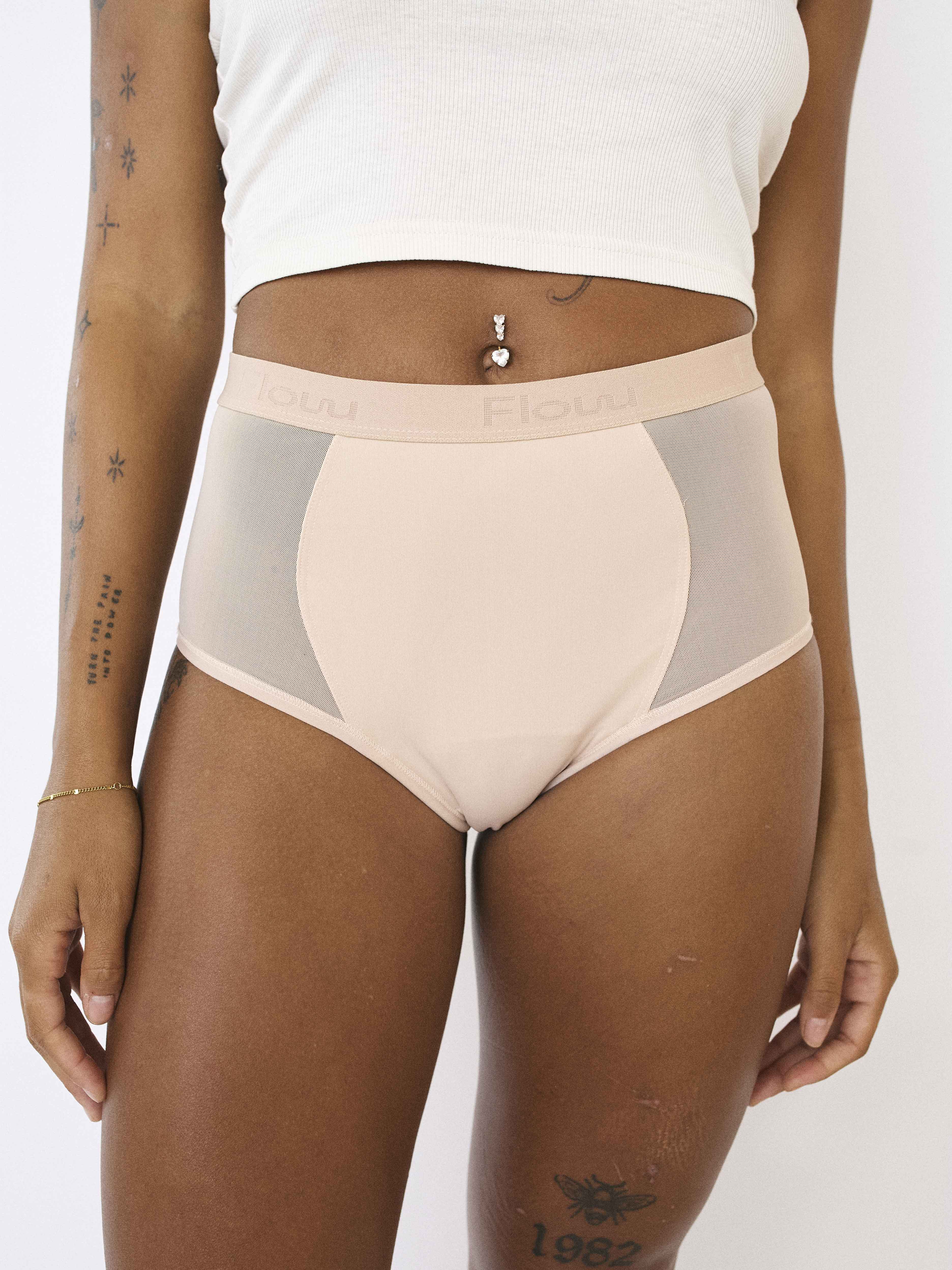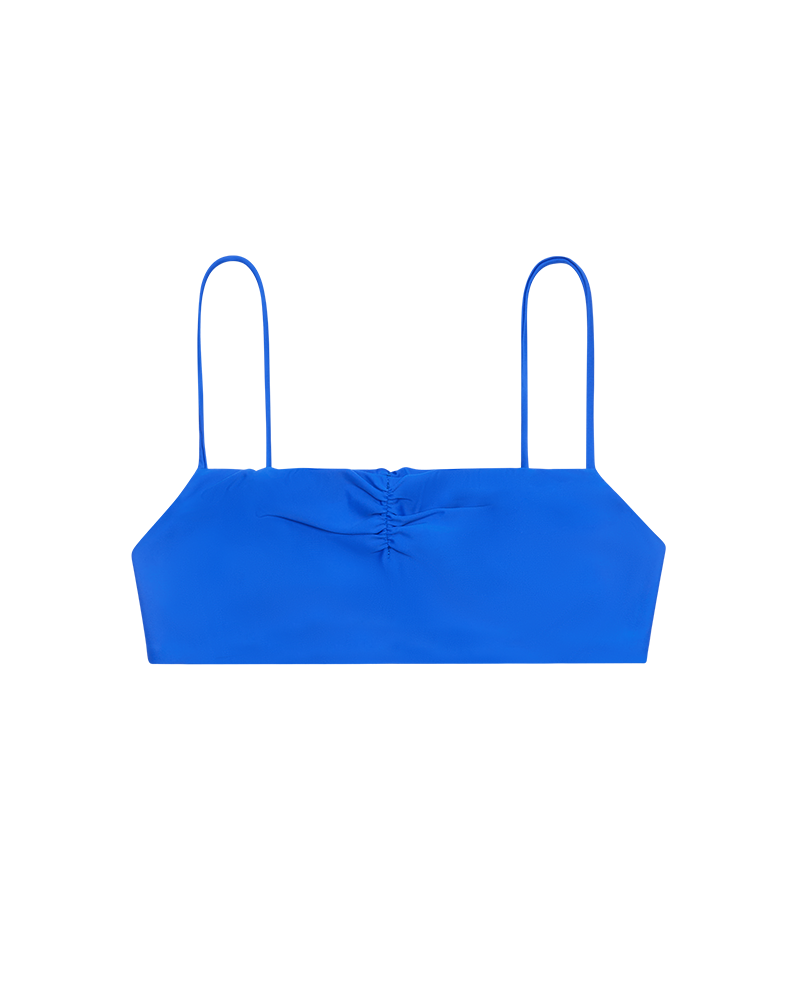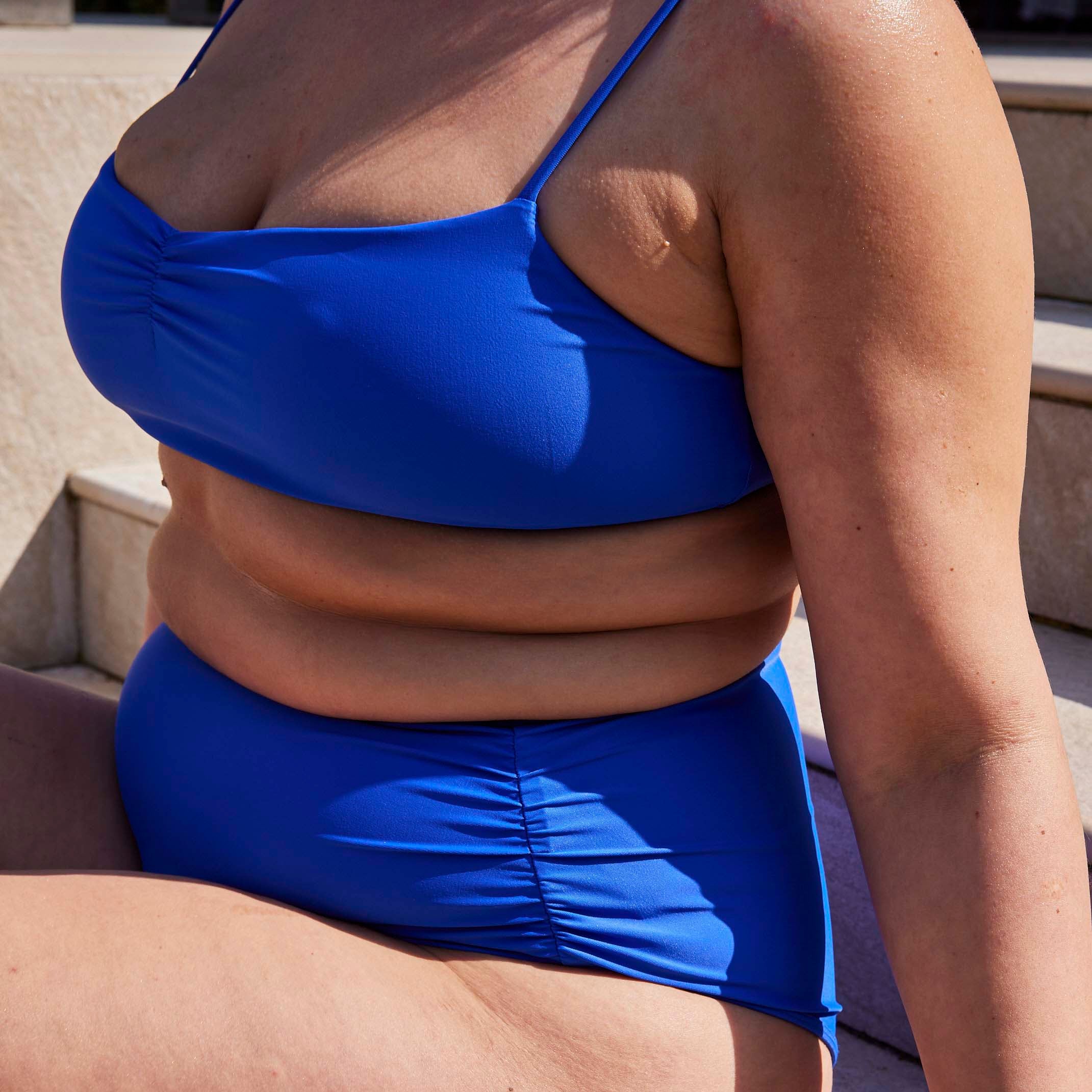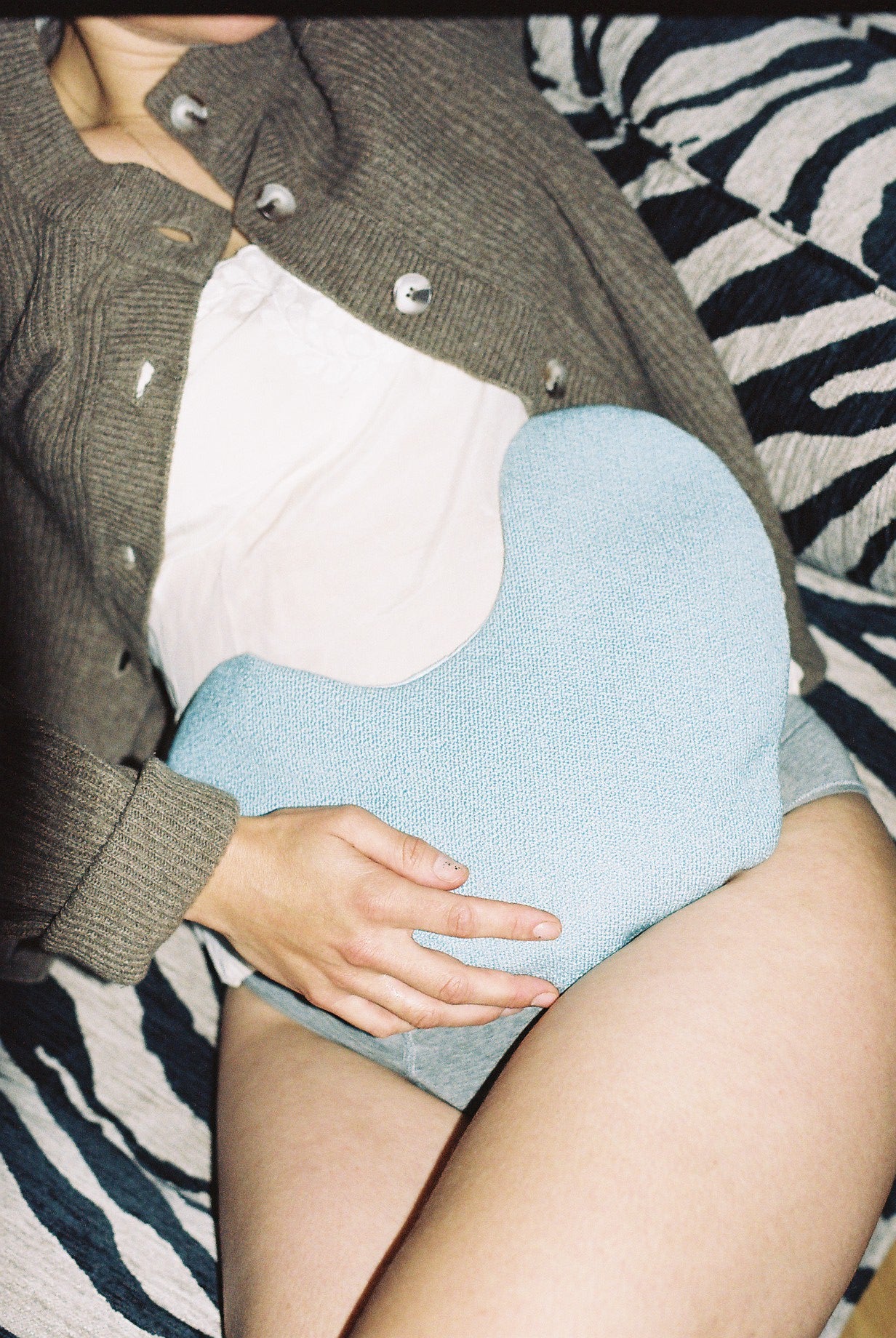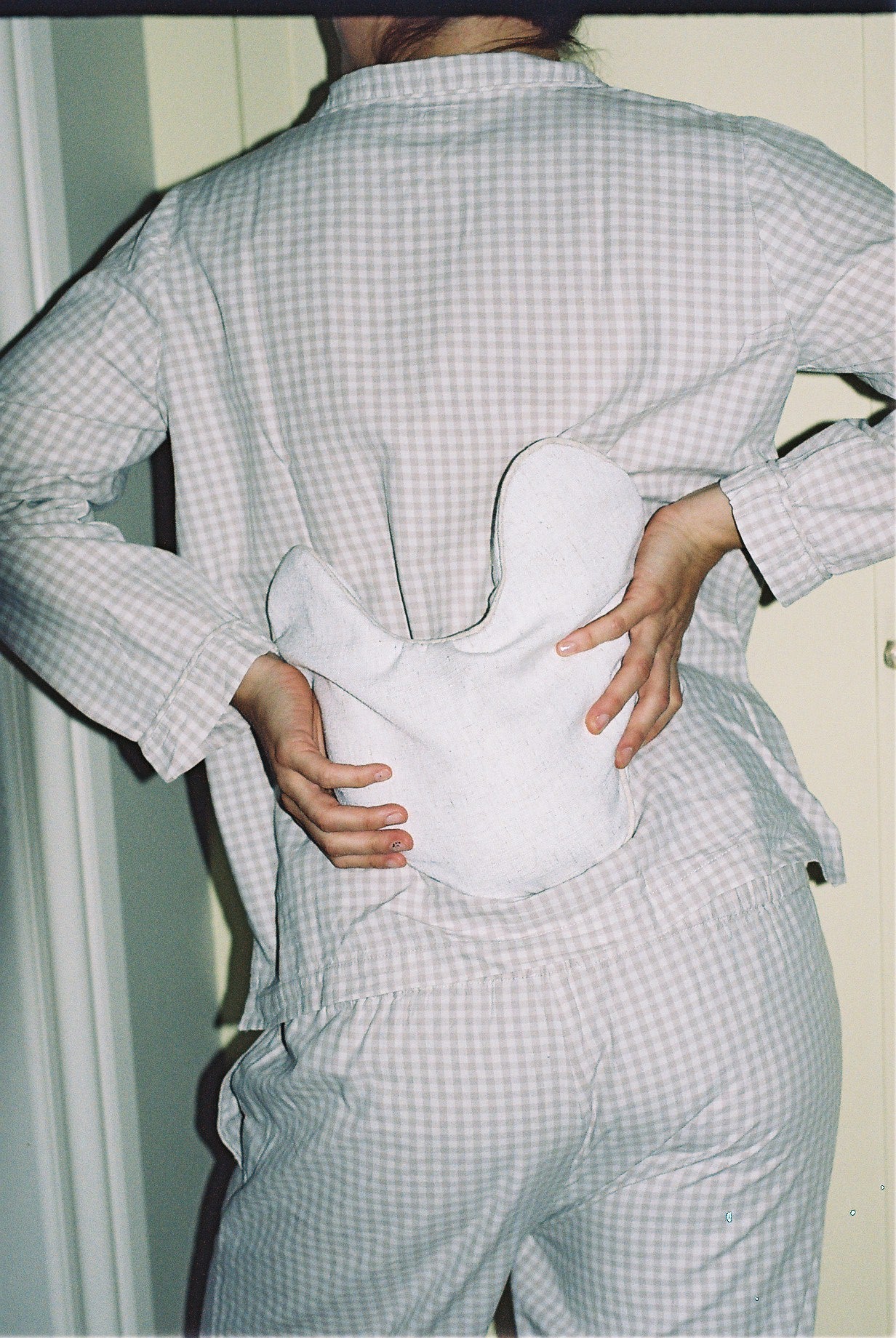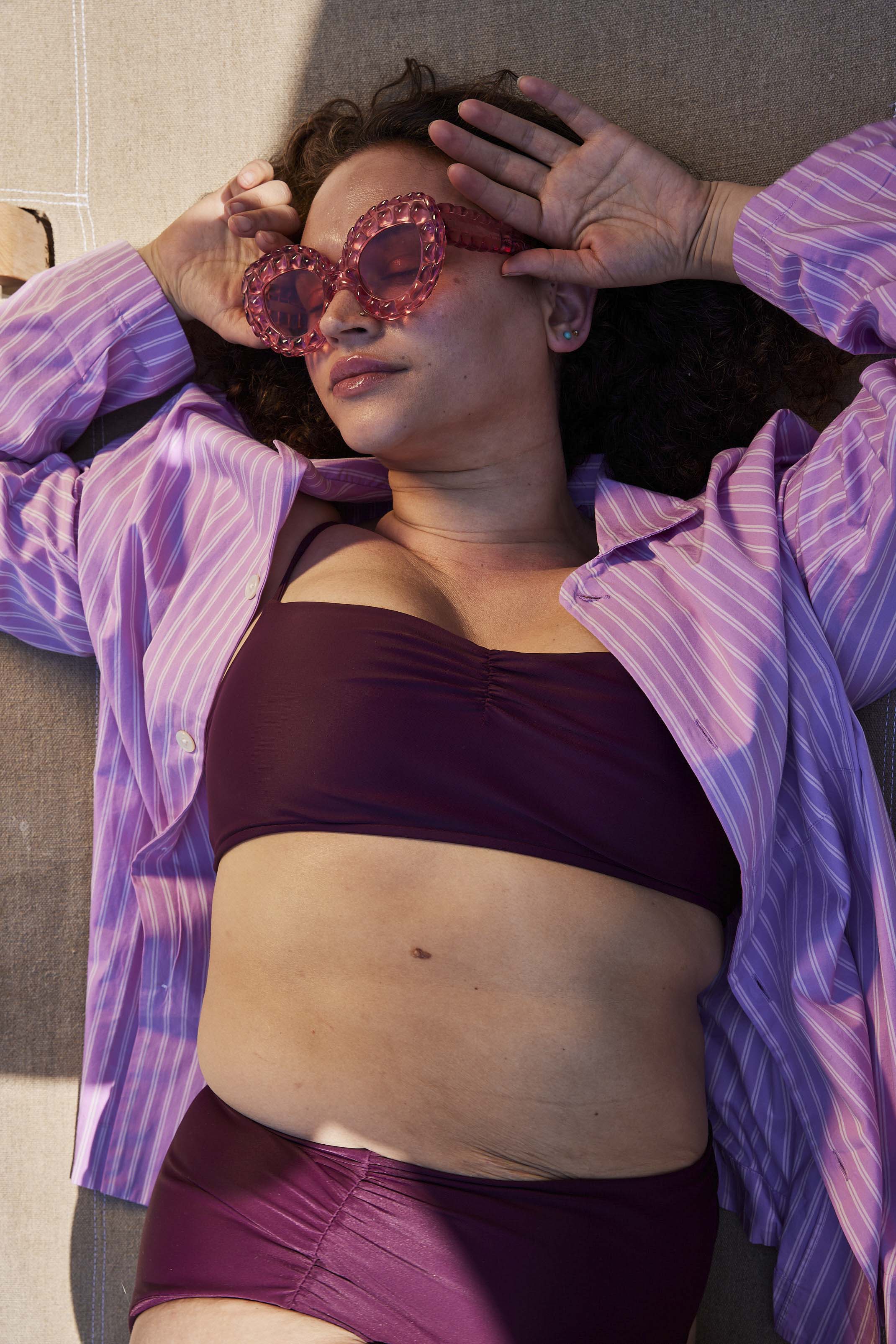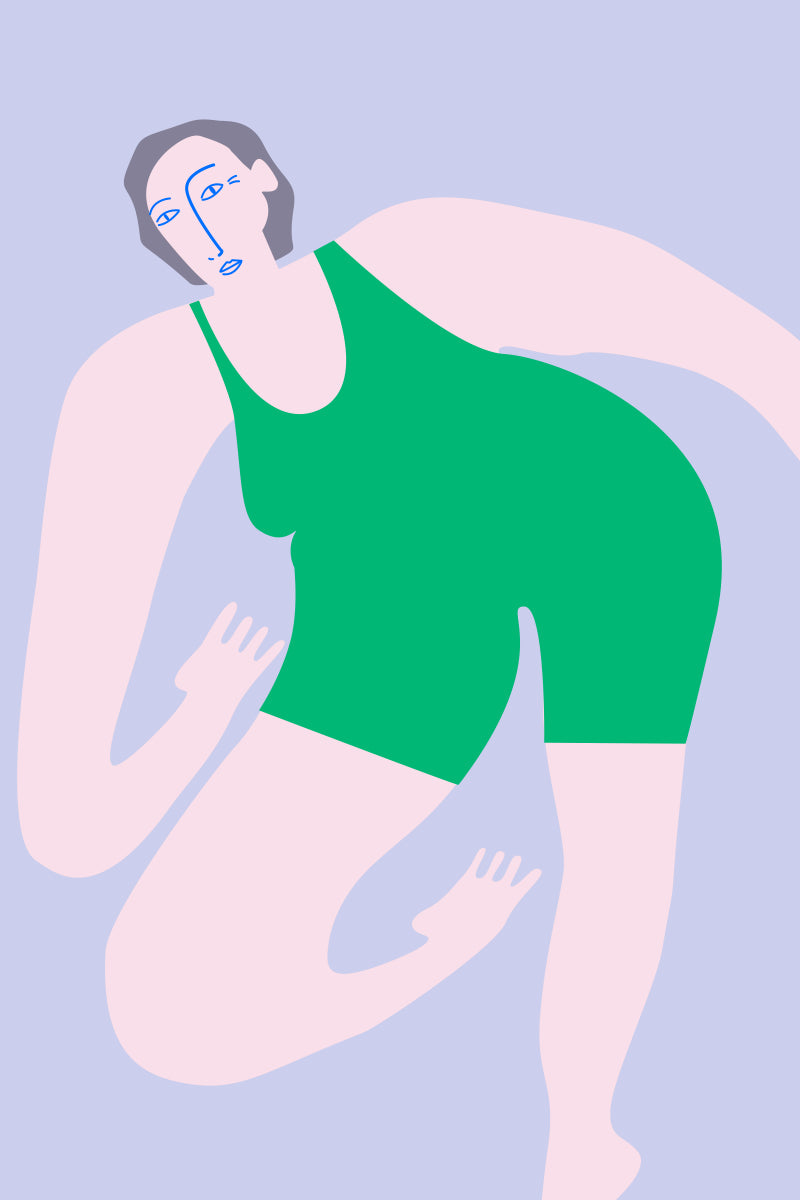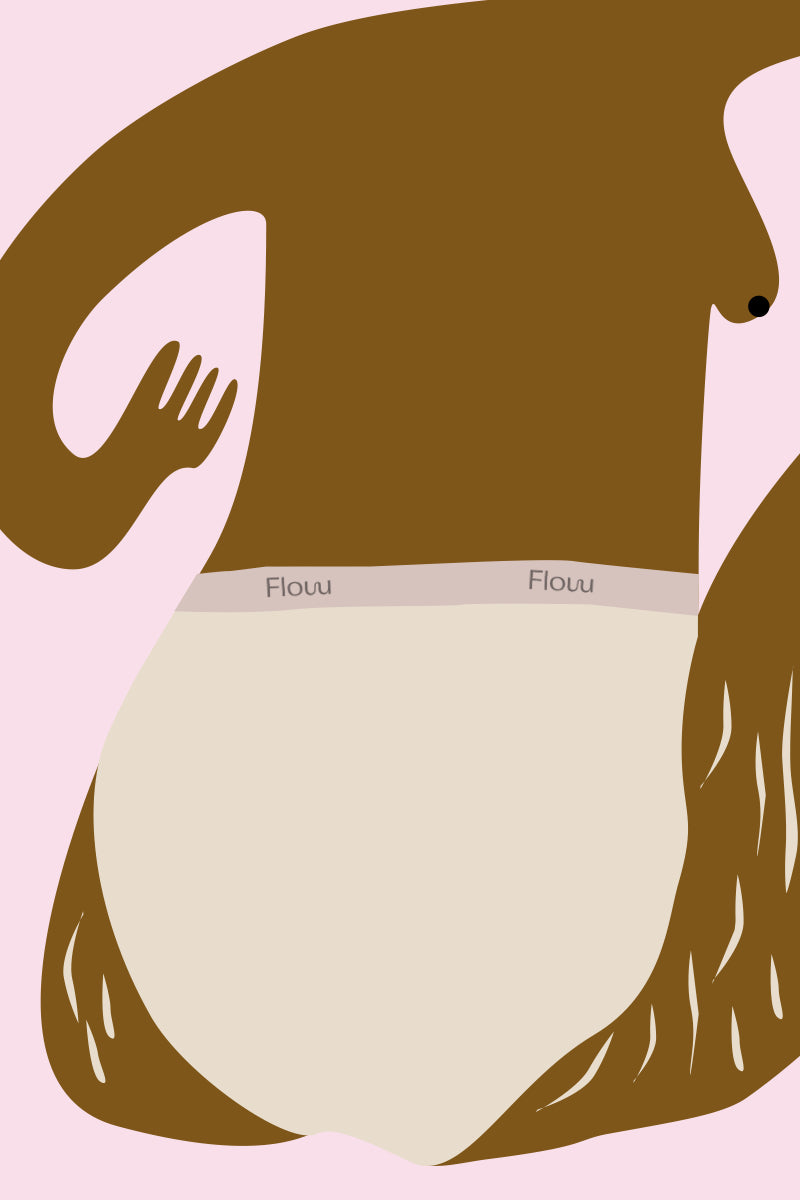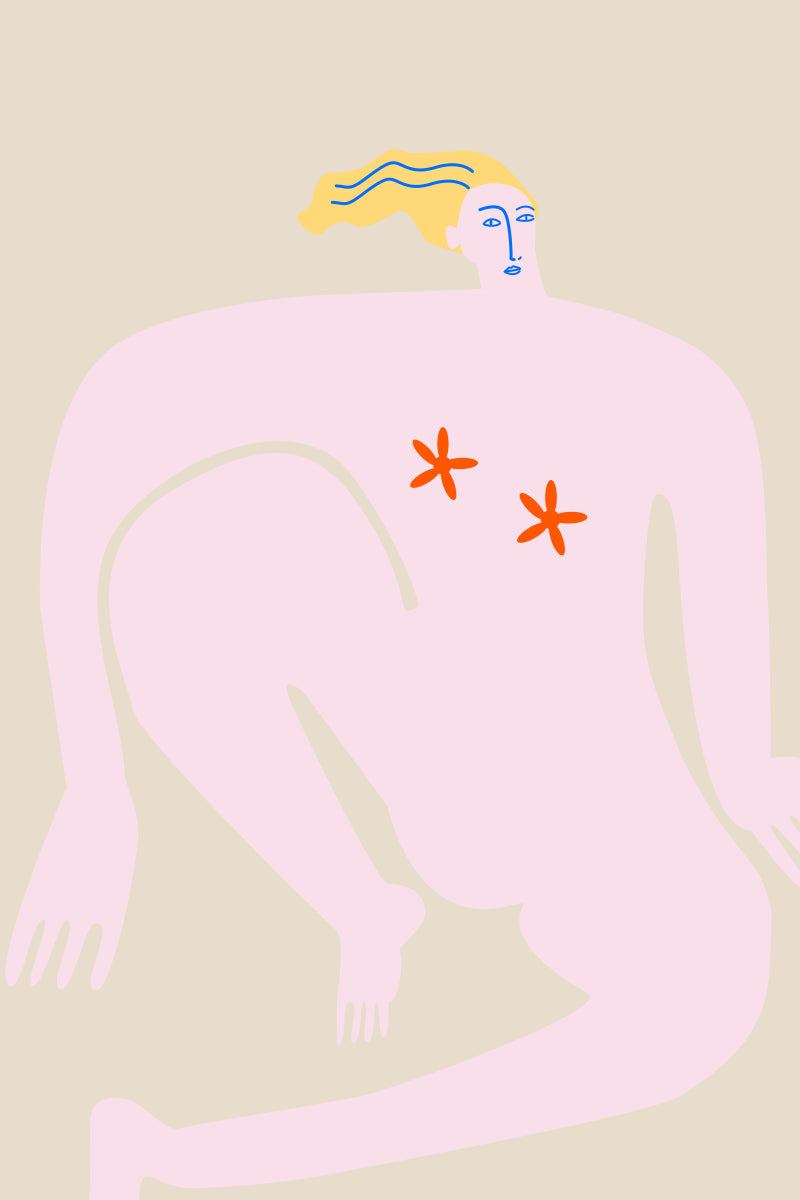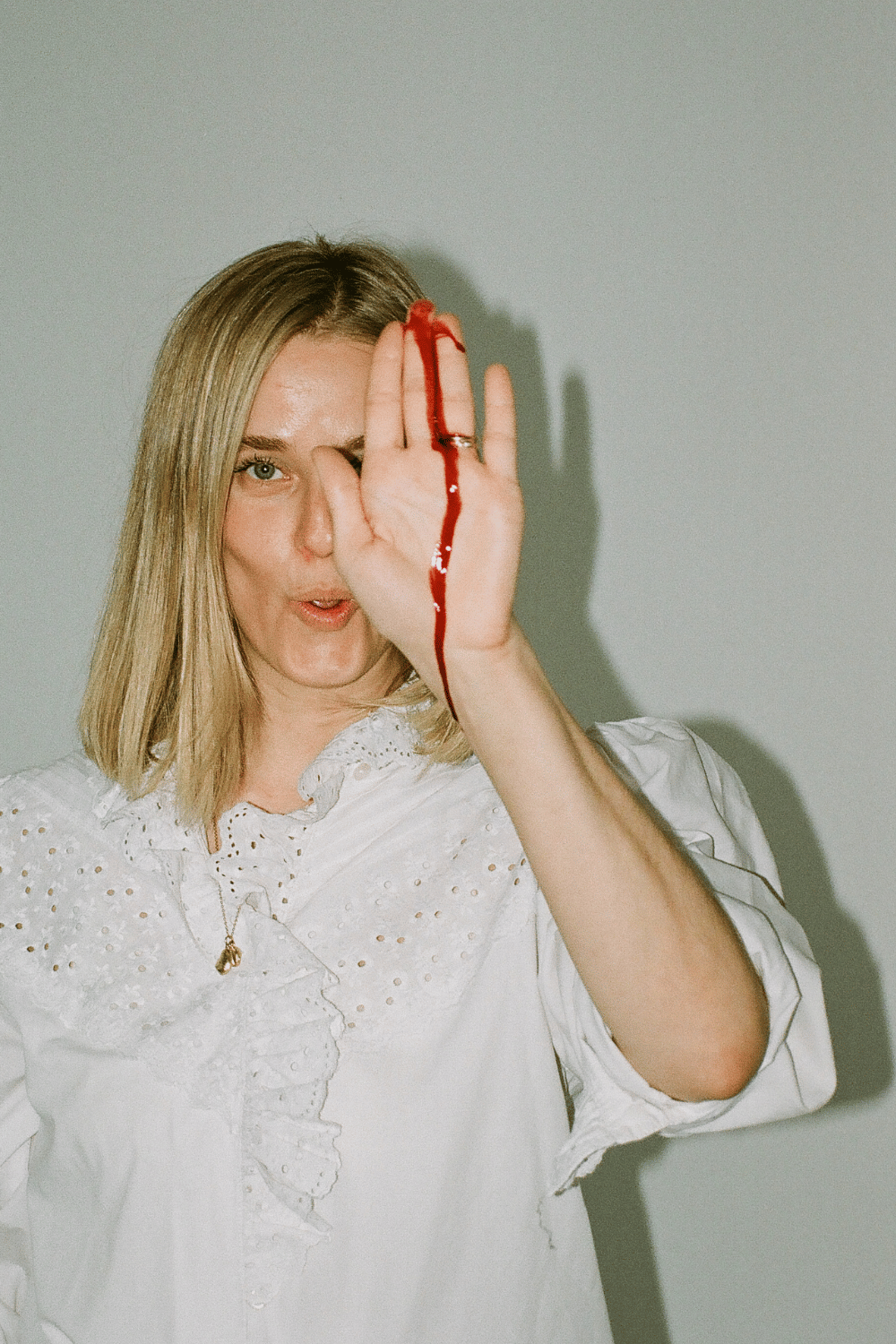How long is a menstrual cycle?
Oh, the world of menstruation <3 It's a bit of a new world you enter when you get your first period. And we're, obviously, pretty crazy about it. At the same time that we ourselves have grown up with a lack of body awareness, inadequate sex education. We have been left with a lot of questions as adults - what is menstruation really? How long does it last? Can you have sex while you're menstruating ? And what about exercise?
And so we have spent a long time having periods (we have more than 100 years of experience with periods in our small office), creating our own experiences, researching all the questions we have had about menstruation. And that is also what Flow was born out of. And in our Flow Journal we now put a lot of energy into answering all the questions about menstruation that we ourselves have had.
This article is about the menstrual cycle. How long does it last? And how many days do you actually have your period? Let's dive into it. And remember that in our Flow Journal you can find many more articles about everything to do with menstruation. A big world. Full of questions and soon a lot of answers.
What is a menstrual cycle?
First things first. Before we can write about how long a menstrual cycle is, we need to define what a menstrual cycle actually is.
Your period (the period when you bleed) is typically what marks (and starts) your monthly cycle. But a menstrual cycle is actually much more than just your period itself. A menstrual cycle lasts between 21-35 days, with 28 days being the average. Some people have a regular menstrual cycle that always lasts the same number of days, and they know almost the exact time they get their period.
For others, their menstrual cycle is more irregular, and various factors play a role in why the cycle is irregular. However, there is not necessarily a dangerous reason for this.
A menstrual cycle has four phases
Ok, we now know that a menstrual cycle is a cycle that menstruating women always find themselves in. It takes 21-35 days. And it repeats itself, over and over again (it is, yes, cyclical ). Furthermore, it consists of four phases, where the bleeding phase is just one of the phases.
The four phases can be divided into the following:
It is important to remember that the length of the different phases and the entire menstrual cycle varies. The average is often used as a basis and therefore 28 days are used to illustrate the menstrual cycle.
When we set days, remember that it's based on an average. No one knows your body like you do. And the only way you can actually *really * track your cycle and know exactly when you're in one phase over another is by tracking your body's own markers; temperature, change in discharge, change in cervix.
Phase 1, menstruation: This phase typically lasts 1-7 days, during which you bleed. Your bleeding may be accompanied by bloating, specific food cravings, less energy, and maybe even pain in your lower abdomen or lower back. According to our survey, some of you also experience pain that radiates down your thighs.
Phase 2, Follicular Phase: After your bleeding days, you move into the follicular phase. Approximately. days 8-13 (again, pretty much an estimate, because no two bodies are the same). If you have experienced menstrual fog, they will gradually ease and you will experience increased excess. The pituitary gland is working overtime, releasing the hormones needed to make your follicles (where the eggs are) grow and the eggs mature.
Phase 3, ovulation: We are at the peak of the cycle, days 14 and 15, also known as the summer period. You are running your Beyoncé energy. You are hot! You are ovulating, and the dominant follicle bursts and releases a mature egg, which can now be fertilized. You are fertile, and the fertile window now takes place for the next 24-48 hours. You may notice this through increased confidence and sex drive.
Phase 4, the luteal phase: Day 15-28. Menstruation, follicular phase and ovulation are behind us. But past our cycle is, funnily enough, cyclical, like it's all back again. And your body and your mind are now moving towards menstruation again. This is what is called the inner autumn. Many of us can feel the hormonal changes that settle in both the body perhaps as bloating, changes in appetite and sleep or in the mood. The level of progesterone has increased and increased after ovulation, the hormone that helps the uterus to hold on to a possible fertilized egg. But if you are not pregnant, the level drops drastically - and then we are back again. An egg, your uterine lining and a little blood are rejected and come out as your period. And then it's all over again.
We could write at length and in depth about the four phases of the menstrual cycle and the length of the menstrual cycle, which can vary but averages 28 days. We have done that, and if you want to delve even further into what the four phases mean, you can read along here .
How long does menstruation last?
We now know that menstruation, the days when you bleed, is just one of the four phases of the menstrual cycle. But how long does menstruation actually last?
Just like the menstrual cycle, the length of your period also varies. This can vary from month to month and from body to body, and it can develop from year to year. After any births and typically also when perimenopause slowly begins and without a doubt when menopause sets in. Many people also experience irregular periods and menstrual cycles when they get their first period and in the time after. In fact, it can take 1-1.5 years from the first bleeding for menstruation to become regular.
And then there are a whole host of other factors that affect the length of your menstrual cycle and the length of your period. These can include lifestyle changes. Maybe you've started eating differently, exercising a lot, or been through a stressful period. It can also be hormonal changes that make your period and menstrual cycle irregular.
There is also a difference in how long and how much menstrual bleeding occurs. Some have heavy bleeding that lasts for six days. Others have short periods that last only a few days.
Remember that this is all normal. And remember that if you ever have any questions about your body and your cycle, you can always make an appointment with your doctor to talk.


